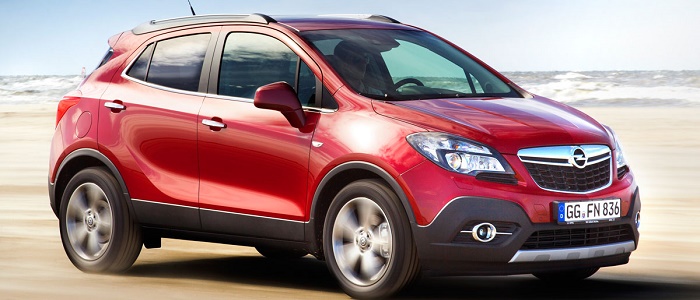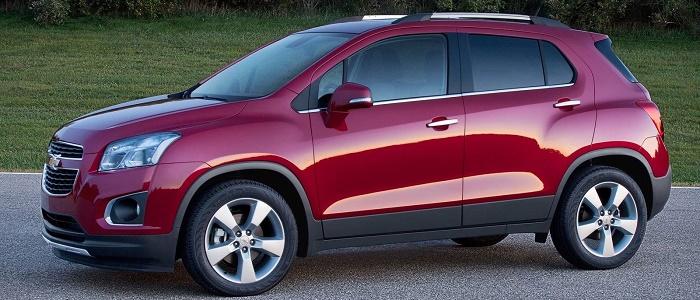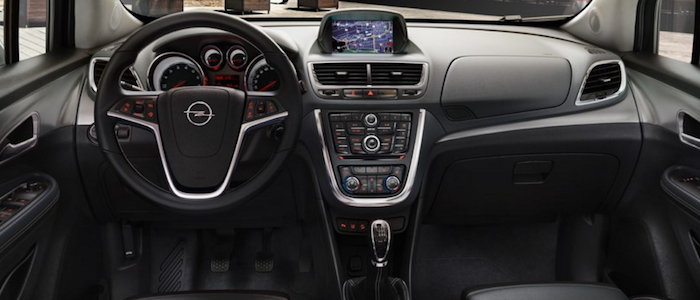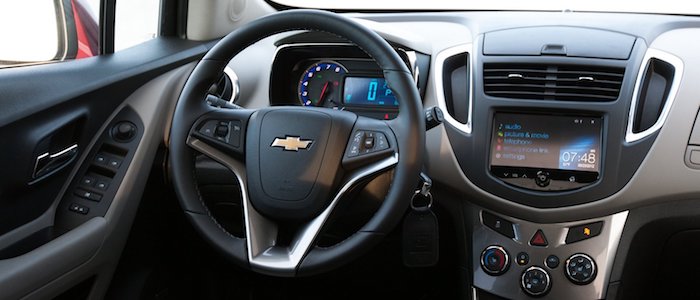Compare two cars
Compare any two cars and get our Virtual Adviser™ opinion
Dimensons & Outlines
Check vehicle history
Engine
1.6 B16DTH
Performance (manual gearbox)
Performance (automatic gearbox)
Expenses
Virtual Adviser's™ opinion
Well, these are two pretty similar cars we have here! It's only details that could potentially make the difference. Considering they both belong to the suv segment and utilize the same 5-door suv body style and the 4 x 4 wheel drive system, it all comes up to the specific diesel engine choice they offer. The first one has a General Motors-engineered powertrain under the hood, a 4-cylinder, 16-valves 136hp unit, while the other one gets its power and torque from a 4-cylinder, 16-valves 130hp engine designed by Isuzu.
SafetyA starting point here would be to take a look at the results from European New Car Assessment Programme (Euro NCAP) tests which were performed on both of the cars, with the same number of safety stars gained in the process. Still, apart from the official crash test results there are other things we need to be aware of. Both vehicles belong to the suv segment, which is generally a very good thing safety-wise, but it doesn't do much to help us decide between the two. Furthermore, if we'd like to consider vehicle mass in this context too, which we definitely should, the German car offers a marginal difference of 4% more metal.
ReliabilityI don't like generalizing things when it comes to reliability, although it does seem that Chevrolet does have a slight advantage, at least on all of the models level. That's the official data, while our visitors describe reliability of Opel, as well as Chevrolet, with the same average rating of 4.2 out of 5. The same official information place Mokka as average reliability-wise, and Trax is more or less at the same level.Above it all, drivers of cars with the same engine as the German car rank it on average as 3.9, while the one under the competitor's bonnet gets 4.2 out of 5.
Performance & Fuel economyChevrolet is a bit more agile, reaching 100km/h in 0.9 seconds less than its competitor. In addition to that it accelerates all the way to 188 kilometers per hour, exactly the same as the other car does. When it comes to fuel economy things look pretty much the same for both cars, averaging around 4.7 liters of fuel per 100 kilometers (60 mpg), in combined cycle.
Verdict
Chevrolet appears just a bit more reliable, although the difference is truly marginal. The most important thing when deciding between any two vehicles should always be safety, both passive and active. In my opinion, everything taken into account, the German car offers slightly better overall protection and takes the lead. From there things take a different direction, with Chevrolet offering somewhat better performance, just enough to call it quicker. It does come at a cost though, and that's the fuel consumption... No mistake, whatever you decide here, but I'd still go for the Opel. In any case that's my personal view, built upon all the data available to me. What should decide here though is the way you feel about the two vehicles, and I hope you'll find my guidelines useful in the process. In case you have two minutes to spare I invite you to define your needs, desires and budget and see which car would be chosen by the virtual adviser™, among thousands of similar, yet so different vehicles.



































